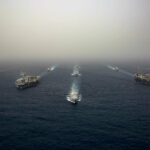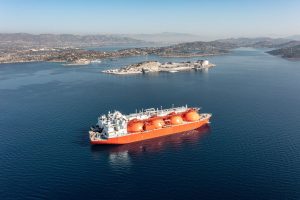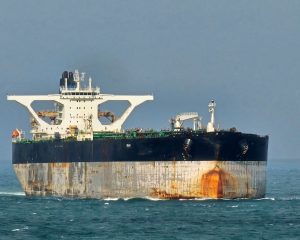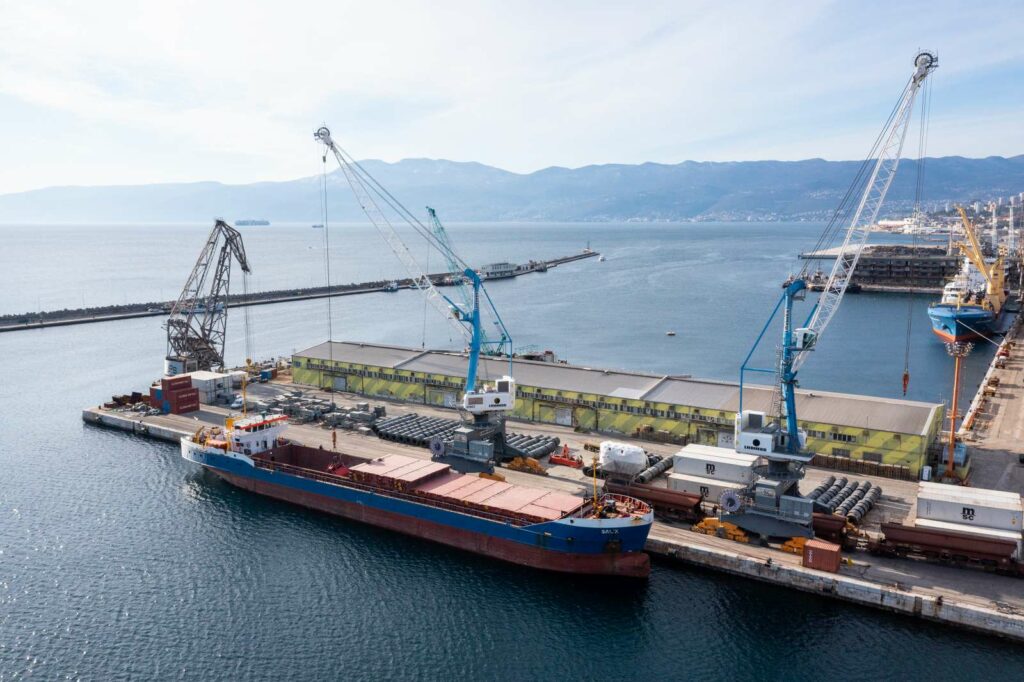The US is not considering a military blockade of the Black Sea
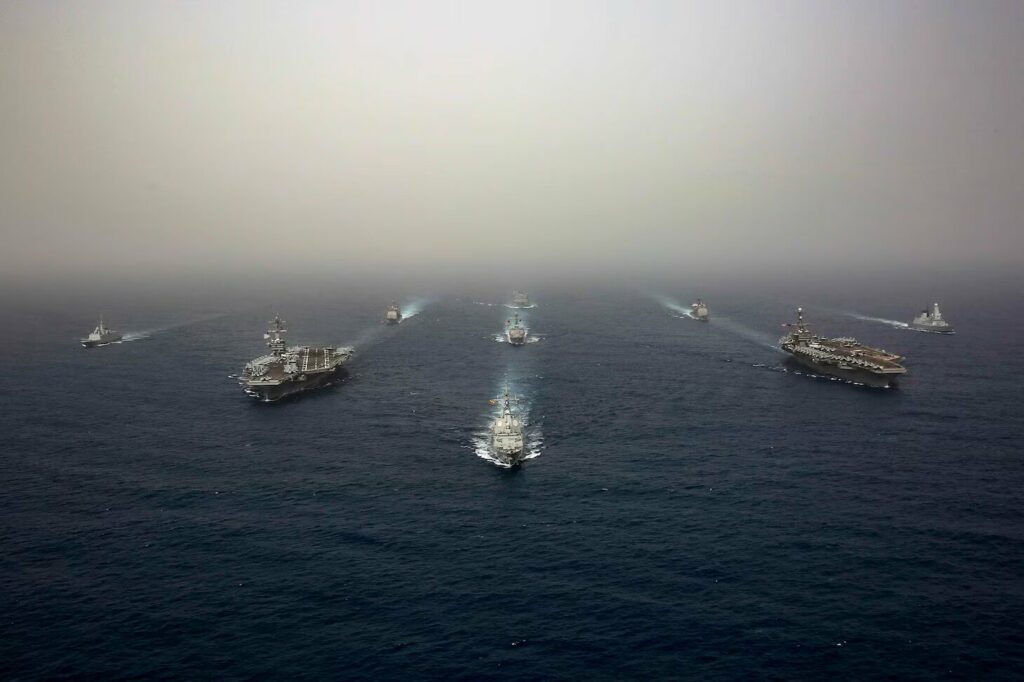
Photo: The US Sixth Fleet, which is based in the Mediterranean Sea.
The US is “not actively considering” the possibility of organizing a military blockade in the Black Sea so that the Grain Agreement can continue to work without Russia.
Disruption of the Black Sea Grain Initiative will exacerbate food shortages and harm millions of vulnerable people around the world. John Kirby, coordinator of strategic communications of the US National Security Council in the White House, said this at a briefing.
He recalled that the Grain Agreement played a decisive role in reducing food prices, which rose sharply after the full-scale Russian invasion of Ukraine.
Kirby was also asked whether the US is considering the possibility of continuing to export Ukrainian grain by sea, but with the escort of warships.
To this, Kirby asked the interviewer if he was proposing that the US implement a military blockade in the Black Sea. The correspondent said yes, so Kirby said it was not an option the United States was “actively considering.”
Kirby rephrased the journalist’s question, but did not give a direct answer to the question about the escort of cargo ships, instead he used the concept of “military blockade”. Perhaps Kirby really meant the convoy of ships, but he didn’t say it directly.
Even if the USA confidently announced its intention to send its ships to the Black Sea to protect vessels with Ukrainian grain, the implementation of these intentions is too uncertain.
It will be recalled that ships of non-Black Sea states can reach there only through the Bosphorus and Dardanelles straits, which are controlled by Turkey, according to the Montreux Convention of 1936.
Within the framework of the document, restrictions on class (only small surface ships are allowed) and tonnage are introduced for warships of non-Black Sea states.
The total tonnage of warships of the “guest states” in the Black Sea should not exceed 30,000 tons (it is possible to increase this minimum to 45,000 tons in the event of an increase in the naval forces of the Black Sea countries in the water area).
Also, foreign ships can stay at sea for no more than 21 days.
If Turkey is involved in a war or believes that it is threatened with war, then it has the right to allow or deny the passage of any warships through its straits.
And if there is a war in which Turkey does not take part, then the straits should be closed to warships of any belligerent state.
It should be noted that during the 1936 negotiations regarding the Montreux Convention, it was the Soviet government that proposed a regime that would guarantee absolute freedom of passage of ships through the Turkish straits.
A year ago, when Ukraine started exporting through the “grain corridor”, Turkey took its ships to the Black Sea. Also, the Sea Breeze exercises with the participation of 11 NATO member countries continued in the sea, which still did not stop Russia from attacking the Odesa port. This year, the exercises took place in Scotland, so only Romania, Bulgaria and Turkey could take out ships to deter Russia.
So for now, many questions remain regarding the convoying of “grain corridor” ships, even if the US expresses its desire to escort ships in the Black Sea. Among these issues are the order of patrolling, the ports where the ships will be based, the speed of exports under such conditions, etc.
First of all, Turkey, which supports Ukraine, but tries to maintain neutrality in the diplomatic field, needs to be ready for such a step in order to receive (or have time to receive) all the “profits” from the partnership with Russia. Without an answer to this question, all others lose their meaning.
